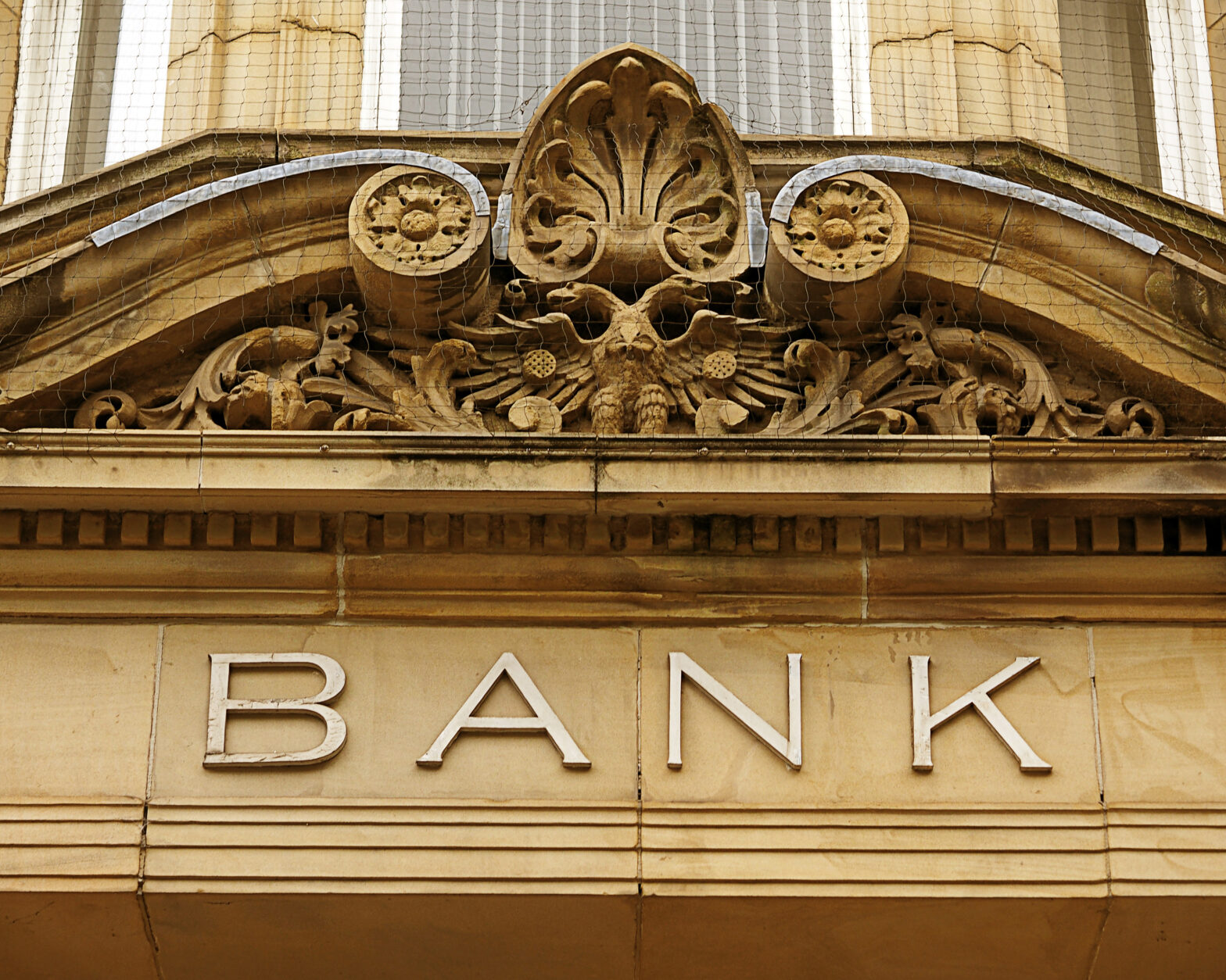Small businesses complain that high-street banks are not entering into the spirit of the government emergency coronavirus loan, pushing them towards expensive products instead.
Entrepreneurs who have contacted Small Business show that banks are either wrongly understanding the Coronavirus Business Interruption Loan Scheme (CBILS) by asking for personal guarantees or are deliberately up-selling it, directing small businesses to take out regular business loans instead.
Alice Douglas, who runs St Curig’s Church bed and breakfast in Snowdonia, North Wales, said that she is faced with £20,000 worth of cancelled bookings because of coronavirus closure. She spent two days trying to get through to her bank, including seven hours of being put on hold, to ask for an overdraft extension. When Douglas – who has been with her bank for 40 years – explained that she needed financial support, her bank asked her if she had another income source over the next few months. When she said no, the bank said it was unable to help.
Douglas said: “I then asked [the bank] about the Coronavirus Business Interruption Loan but they said as I have no income at the moment they can’t do anything. Which defeats the whole point of the loan.”
Alex Harris, owner of bar Behind This Wall in Hackney, east London, told BBC5 Live that his bank steered him towards a conventional business loan with a 22 per cent business rate instead of the government’s coronavirus loan scheme.
“The government-backed loans are from £25,000 up to £5m,” he told the BBC. “We got offered a financial product of theirs, another loan which is not part of the coronavirus package.
“It’s for up to £24,999, but will come at up to 22 per cent interest, which would essentially bankrupt my business.”
>See also: How do I apply for a Coronavirus Business Interruption Loan?
Personal guarantees
Nick Anderson, who owns the Queens Head Public House in Norfolk, wrote to Small Business saying his bank initially told him that, because he owned his own home, his business was not eligible for the CBIL. Instead, he was offered a standard business loan and would have to put up his private home as security.
Anderson wrote: “As I am a director and own my own property which I have a mortgage on I am deemed to be ineligible for CBILS.”
However, the bank concerned points out that this conversation took place before the terms of the CBILS had even been announced and that, since then, a CBIL loan is being processed for Mr Anderson with no personal guarantee being sought over the customer’s primary residential property.
Meanwhile, Lloyds wrote to Lancashire-based engineering group Dodd when it applied for a CBIL, saying that “the government terms of this support are that the directors/shareholders of the business [personally guarantee] the full amount and there is a debenture taken”. It added: “You will be liable for 100% of the debt in a worse case scenario. The government 80% backing sits behind your [personal guarantee].”
On Thursday, Barclays, RBS, Lloyds Banking Group, Virgin Money and HSBC all said they would not ask customers for personal guarantees on CBIL loans up to £250,000, but added that security on larger loans would be decided on a case-by-case basis and could include personal guarantees.
Because the CBILS only covers up to 80 per cent of the risk from the bank’s point of view, lenders are still exposed for the other 20 per cent, which is why some may have been asking would-be small business borrowers to prove additional income.
Another pressure from a bank’s point of view is that they must exhaust every remedy and measure to try and recoup their CBIL before turning to the state for compensation.
Ian Rand, chief executive of Barclays Business Banking – another bank which had been asking small businesses for personal CBILS guarantees before last week’s banking sector pledge — told the Sunday Times that regulators have issued guidelines making lending decisions easier.
Instead of using projections of future earnings to assess affordability, Rand said that Barclays was basing its lending decisions on whether a business could have afforded the loan last year – and, if so, approving the loan now.
Barclays apologises
However, the rates being quoted by banks for what is meant to be a low-cost CBIL have also been off-putting.
Barclays has apologised after customers were quoted interest rates of as much as 12 per cent for a CBIL, despite the fact that Bank of England rates being at record lows. Barclays said it was reviewing all applications made this week to “ensure no errors are made” and said no successful applicant would have to pay more than 5 per cent for a CBIL.
Even so, experts have warned that some applications could take weeks or even months to process.
Sunak writes to banks
On Wednesday, chancellor Rishi Sunak wrote to lenders telling them not to penalise customers if they exceed overdraft limits or miss loan repayments, to help save struggling small businesses from collapse.
The letter, co-signed by Bank of England governor Andrew Bailey and Financial Conduct Authority interim CEO Chris Woolard, also asks banks not to damage customers’ credit ratings if they do miss a loan repayment or go over their overdraft.
Looking for finance? SmallBusiness.co.uk is working in partnership with trusted lenders to find the best business funding deals. Find out more here.




